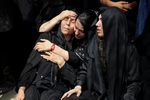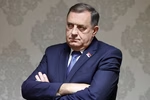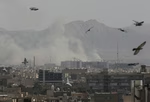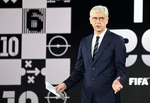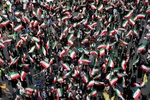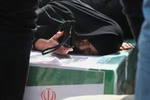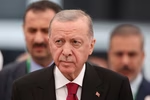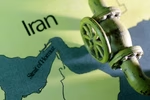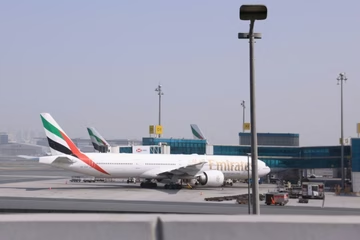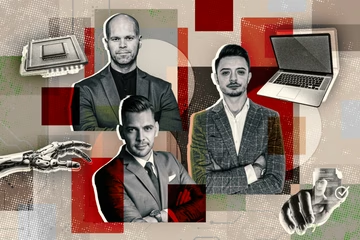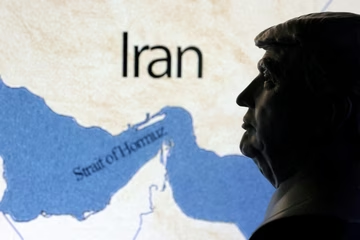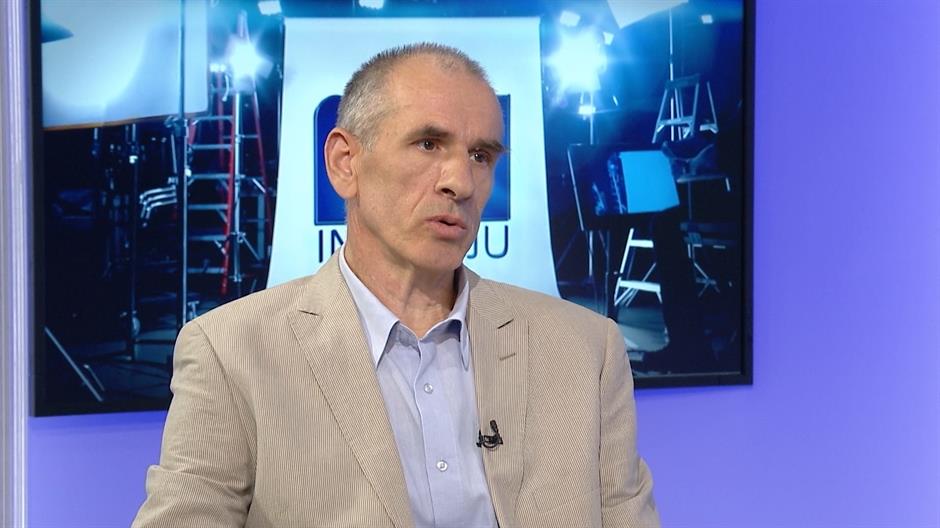
Islamic theologian Resid Hafizovic told N1 on Thursday that Bosniak Presidency member Bakir Izetbegovic’s recent claim that Turkish President Recep Tayyip Erdogan was "sent by God to the Turkish people" was "political mumbling."
"I don’t pay attention to what political figures in Bosnia say. As I said, that it political mumbling," professor Hafizovic said about Izetbegovic’s statement at Erdogan’s recent pre-election rally held in Sarajevo for the Turkish diaspora in Europe.
This term may be rude, Hafizovic said, but he said he had to call it by name.
"God sent all of us to this world, if we want to be precise about it. God has a plan for why he is sending us. If we are not in place of Erdogan or Izetbegovic, that does not mean our lives are any less important," he said.
If one were to name all the reasons for why Erdogan could not be God’s gift, "the list would be long," he said.
He said that Bosnia and Turkey are friends who should work for the better of the people and not for political structures.
The theologian then spoke about Bosnia’s political elite and the connection between religion and politics.
"Our politicians have no ideas, they are not creative, they just want to mask things and steer the attention of the public away from real issues – that is political mumbling," he said.
"The political and the religious hierarchies are copies of each other, leaning onto each other. They grew together," he said.
This is present in other societies as well and not only should religion be depoliticized, but it should have never been politicized in the first place, Hafizovic said.
"The Islamic Community in Bosnia is an eternal institution which is enough to itself – it does not need anything on the side, including the current politics," he said.
"If anyone should be criticizing politics, it should be the religious community," he added.
Hafizovic also spoke about the current state of the Islamic world in general and said it was worse than before.
"A lot of bad things have happened, there are a lot of refugees, many left their homes seeking a better life and one with dignity," he said, adding that everybody is more or less to blame for, but not equally.
"Foremost, the Muslims are to blame, their own political elites who are irresponsible, as we can see daily," he said.
He gave the example of Saudi Arabia’s involvement in the conflict in Yemen in which he said that Muslims claiming they are the guardians of Islam are killing other Muslims.
"The religious elites are to blame, it must be said, and then, the Muslims in general. There are also outside factors – political power centres whose strong interests compete for decades. They, as well, contribute to the situation in the Islamic world today being more than difficult," he said.
The professor called ISIS a "virus" that caused chaos among Muslims and changed the traditional face of Islam.
According to him, there is currently a prestige battle going on within the Islamic world.
"Some of the wars can be defined as aggression. Yemen – a classic example of an aggression. Two or three Islamic countries team up against small Islamic countries. The problem lies with current Arab politics," he said, adding that there is also a strong influence coming from the outside.
"The Saudi regime is behaving like a Trojan horse in the Islamic world. They do all they can not only to buy weapons from the West, but they also enter alliances with everyone, with Tel Aviv, Washington, Paris – this all just to maintain their presence in the Islamic world," he said.
A lot of people ask themselves if this is the end of the Islamic world, the professor said.
"The traditional geographic area of the Muslims of the world as we knew it has now broken up. The only question that remains is where this will all take us," he said.
Kakvo je tvoje mišljenje o ovome?
Učestvuj u diskusiji ili pročitaj komentare





 Srbija
Srbija
 Hrvatska
Hrvatska
 Slovenija
Slovenija








